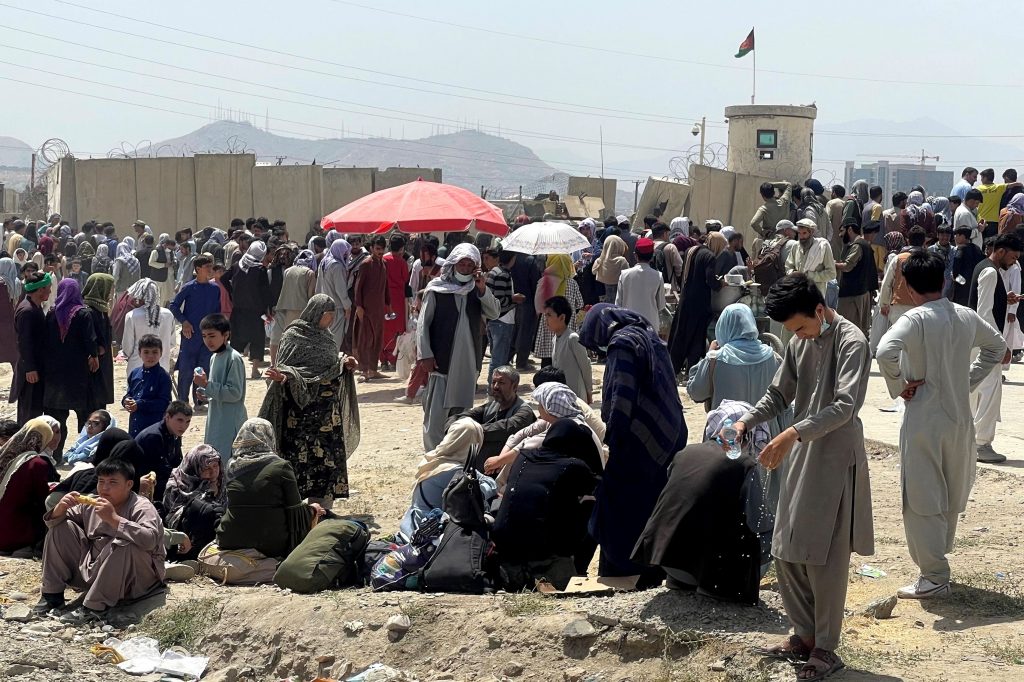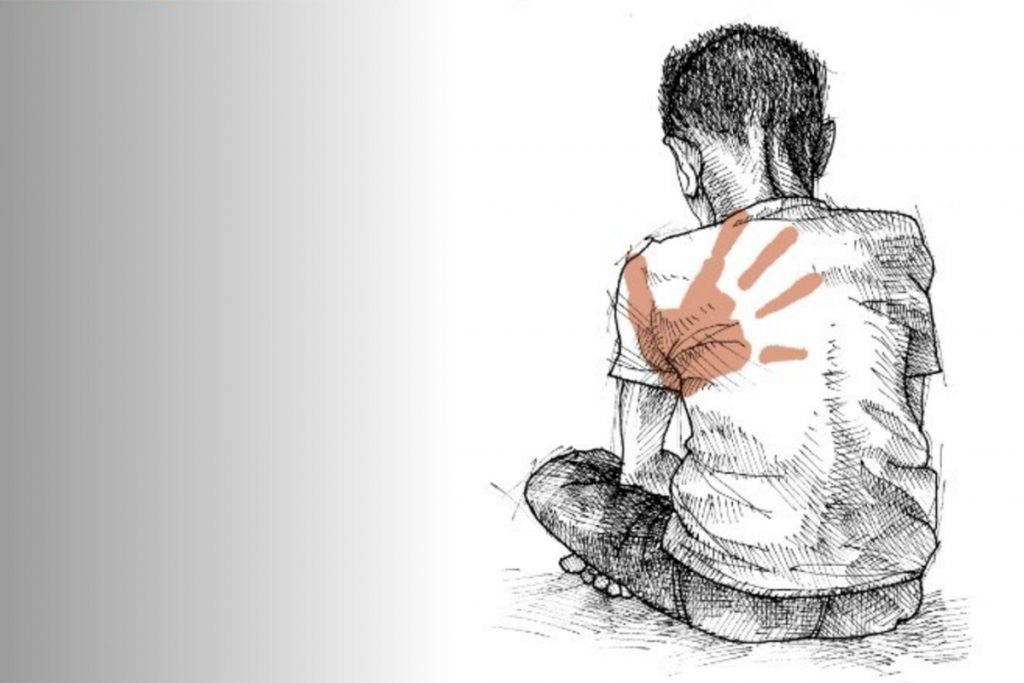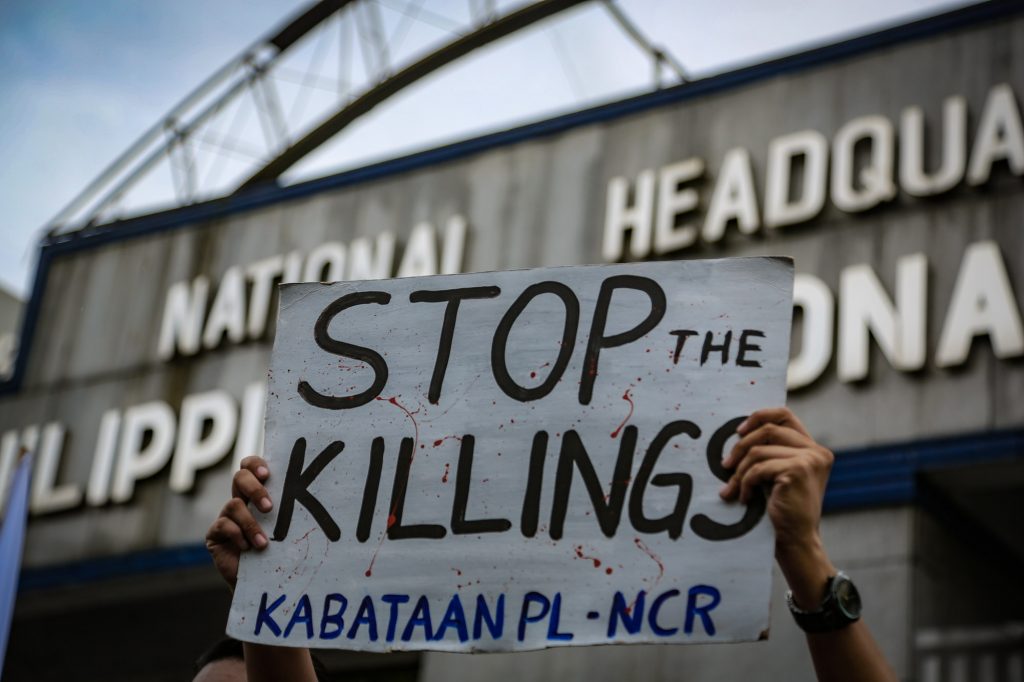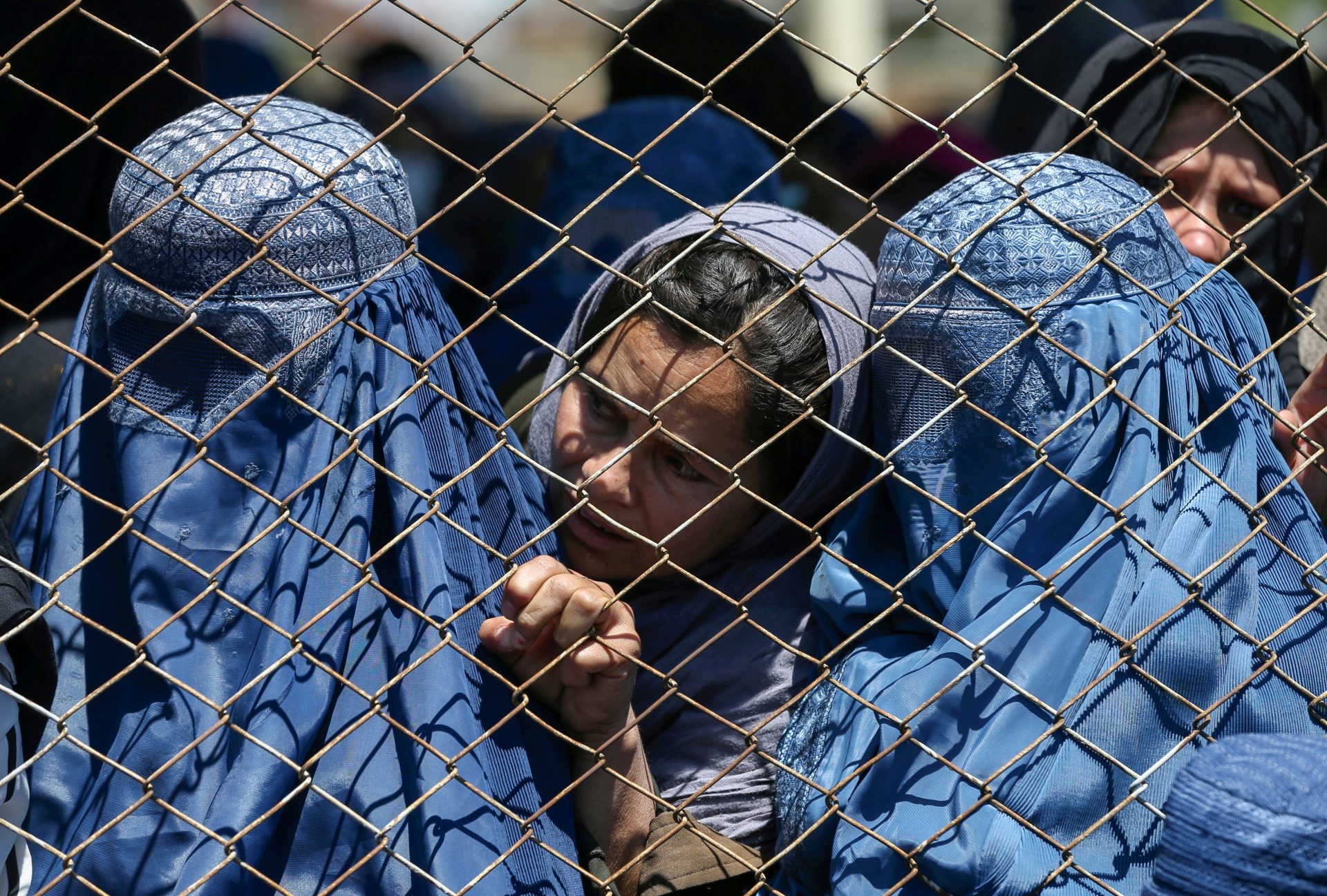Afghanistan finds itself at a crossroads now that Washington has decided to withdraw its troops.
Must the Afghan people rely on US military intervention to preserve their freedoms? Or must they now stand their ground against the vicious Taliban? These are questions that need pondering on.
The Taliban, loosely defined, is a formidable, well-funded, and headstrong pack of so-called religious fanatics capable of inflicting atrocities the likes of which could cripple any chance at preserving the rights of the Afghan people.
The situation is no doubt as thorny as a Rubik’s Cube of a thousand-and-one cubelets. The past few days had been quite a climb as I tried to grasp the bigger picture. I’ve read most pieces written on the subject as it unfolded, from the anti-imperialist critiques against the United States to the pro-intervention stance, and nearly all articles and video commentaries laced with nothing more than vulgar logic in-between.
Such a nuanced event in all of its subtle shades needs a gab more care than what pundits are too ready to dish out there. I am more inclined to agree with poet and novelist Alfred “Krip” Yuson in his comment on Facebook on the matter:
“The whole historical conundrum may be said to be too complex to render quick judgment on. History flows, swerves, careens, rebounds, in ways that often render men and their picayune judgments as minor afterthoughts when it’s all taken on a large scale, if at all that can be done.”
For now, one thing is certain: the Afghans are left to decide for their present and their future. This may seem to some as a radical invitation to a duel where the match is chiefly disproportionate, if not altogether one-sided.
But who knows? The Afghans already had a taste of what it was like to live with freedom and with their rights intact. I’m sure they’re not about to give that up, not just yet. Writing them off as having been defeated even before the bout began may just be unwarranted.
It’s perfectly fine to sympathize with the Afghan people, more so when the conditions which they now face seem overwhelming. But such empathy should not be at the expense of our own problems in this benighted country.

However much we like to close our eyes to the challenges facing us, the same will not go away. Take for instance our country’s poverty threshold. Are you aware that even after President Rodrigo Duterte steps down from office in 2022 that poverty and unemployment rates will remain high?
COVID-19 has pretty much scarred the labor market that the National Economic and Development Authority (NEDA), at the beginning of the year, placed the poverty rate at 15.5% and 17.5% in 2021.
Not only that, but unemployment would remain at a staggering 7% to 9% in 2022. It’s a terrifying proposition compared to the pre-pandemic target of 3% to 5%.
Many raised the issue of Afghan women who might face abuse under Taliban rule. In our country, without the Taliban, 18 women have been raped every day on average as per figures released in the third quarter of 2020.
To be more precise, from the beginning of the lockdown in March 2020 to August of the same year, 3,016 cases had been reported nationwide. That was just a brief stretch of five months.

You want to hear something more nightmarish? Cases of online sex abuse and exploitation of children spiked by 264.46% or 202,605 cases shortly after the imposition of the Enhanced Community Quarantine from March to May 2020. That’s a brief three months!
An even greater crisis of women being locked down with an abuser, say a husband or a partner due to the pandemic, had grabbed the attention of women’s rights advocates. Gender-based violence is real under prolonged lockdowns, estimated by the United Nations Population Fund (UNFPA) to be close to a million by the end of 2020:
“By the end of the year,” the United Nations Office for the Coordination of Humanitarian Affairs (OCHA) said, “there will be an estimated 839,000 women who are married or who has been married at least once in their lives who would experience gender-based violence during this pandemic.”
To add, “We also know that perpetrators and human traffickers are taking advantage of the economic hardships of families. In the Philippines, where 73 million Filipinos, or some 67 percent of the population, use social media, the internet is a platform for cybercriminals preying on women and young people. In particular, social media provides much room for abusers to engage in sexual exploitation of women and young people behind closed doors and in front of a webcam. Gender-based online sexual harassment continues to rise especially targeting young women and girls. Widespread are rape jokes, rape threats, and other sexist remarks that negatively impact women and girls. It is important to note that gender-based online sexual harassment is punishable by law, under RA 11313, or the Safe Spaces Act.”

Let’s not even go to where death squads remain active even after the imposition of strict quarantine protocols, to say nothing of police raids against farmers and activists, a continuing slew of extrajudicial killings, and the like. The Taliban may have a taste for violence, but then again, the death squads are giving them a run for their money.
Talks of widespread corruption in the various departments handling the pandemic only impairs an already severely compromised and blighted pandemic response.
As for hunger, a report by CNN said, “A Social Weather Station (SWS) hunger survey in September 2020 showed 30.7% of Filipino families experienced hunger and 8.7% suffered severe hunger—the highest levels recorded in 20 years.”
The Afghan people and Filipinos today share one thing in common: both find themselves at a crossroads. Both must decide their people’s fate. And while Afghans are hard-pressed to stand against the Taliban, Filipinos, too, must realize their own responsibility to push back against Duterte’s tokhang regime. Sooner or later, we will all have to open our eyes and see the writing on the wall.
Joel Pablo Salud is an editor, journalist and the author of several books of fiction and political nonfiction. The views and opinions expressed in this article are those of the author and do not necessarily reflect the official editorial position of LiCAS.news.







